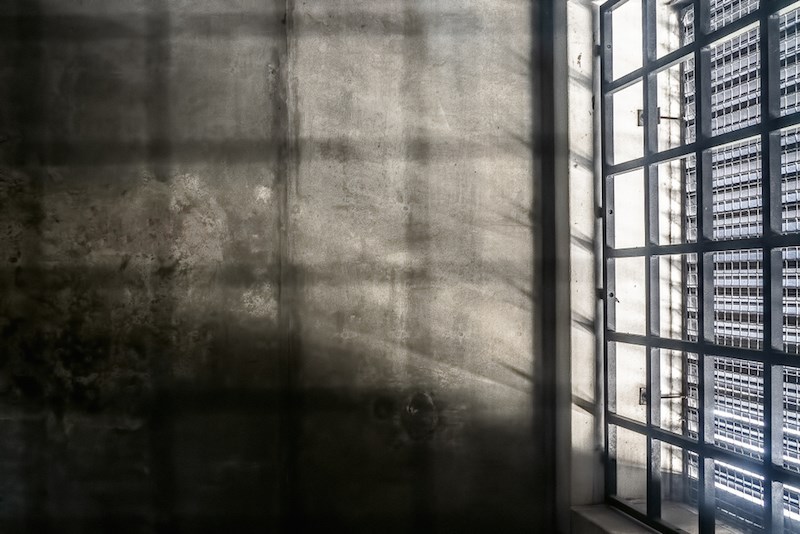Canada’s high court will hear a B.C. Civil Liberties Association case challenging the constitutionality of prolonged, indefinite solitary confinement, the Supreme Court of Canada said Feb. 13.
“We are heading to the country’s top court to argue that long-term, indefinite solitary confinement must be abolished in Canada,” association litigation director Grace Pastine said. “Solitary confinement has been condemned the world over as a form of torture.”
B.C. Supreme Court ruled in January 2018 that solitary confinement – or administrative segregation – was unconstitutional in January 2018 and gave Ottawa until Jan. 17, 2019, to end the practice.
The federal government appealed that decision. Then, the B.C. Court of Appeal extended that year until June 17, 2019, but it came with interim conditions for the Correctional Service of Canada.
The court also found there had been discrimination against mentally ill and indigenous inmates and that there had been insufficient opportunity for such inmates to retain and instruct lawyers.
“Our message is clear,” Canadian Civil Liberties Association (CCLA) executive director Michael Bryant has said. “The government must end the torture of indefinite solitary confinement.
“The courts have laid out a path and the government should stop fighting and obey the court orders.”
The association and the John Howard Society of Canada, which handles prisoners’ rights, brought the B.C. case jointly.
Pastine said prisoners could spend up to 22 hours a day, for indefinite periods, in tiny cells.
“The law violates fundamental Charter rights and leads many prisoners to harm themselves and commit suicide,” she said. “It’s time to end this broken and dangerous system which leaves prisoners more damaged and less able to lead productive lives.”
In June 2019, the Liberal government passed Bill C-83, replacing administrative segregation in federal prisons with so-called structured intervention units.
Under that system, inmates are entitled to four hours outside cells daily, up from two hours. Also added were access to mental health programs and other support services as well as two hours of “meaningful human contact” each day.
Pastine said the changes did not go far enough.
“The replacement legislation continues to permit prolonged solitary confinement under certain circumstances.”
The top court has also decided to hear a CCLA appeal on an Ontario case also challenging the constitutionality of the federal administrative segregation law.
A 2015 federal Office of the Correctional Investigator report said segregation “is significantly overused,” calling the practice “the most austere and depriving form of incarceration that the state can legally administer in Canada.”
The report called segregation an overused population management tool to address tensions and conflicts in federal correctional facilities.”
“Administrative segregation is commonly used to manage mentally ill offenders, self-injurious offenders and those at risk of suicide,” the office said “The report found that inmates in administrative segregation are twice more likely to have a history of self-injury and attempted suicide and 31% more likely to have a mental health issue.”
@jhainswo



